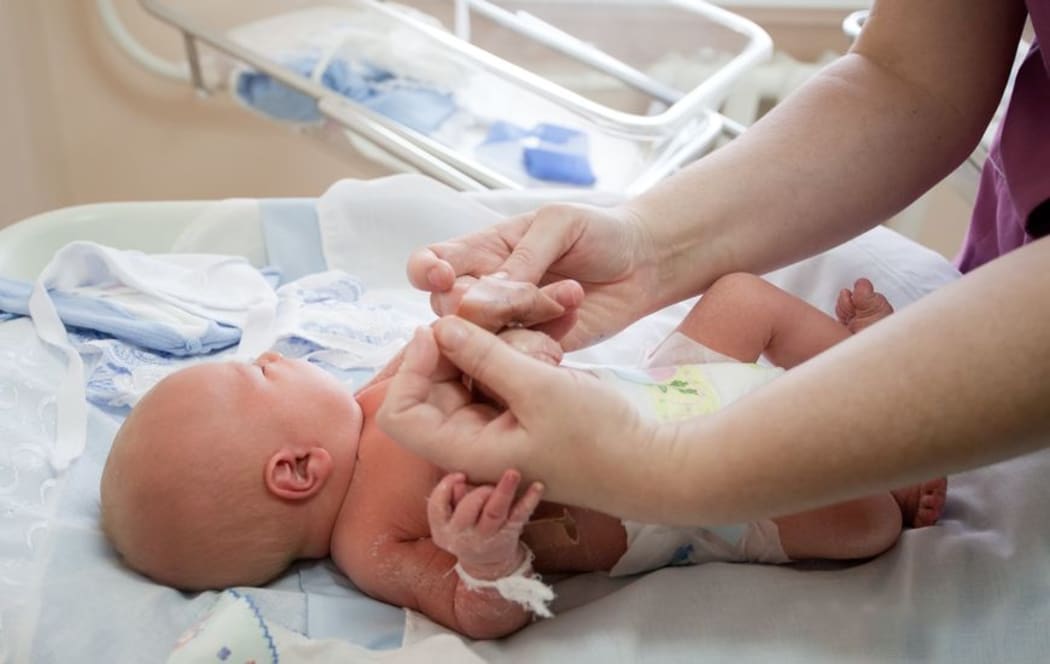The British parliament has voted by a clear majority in favour of allowing IVF babies to be created using genetic material from three people.

The group Action to Improve Maternity wants the Health Minister to implement each of the Coroner's recommendations. Photo: 123RF
The vote makes Britain the first country to legalise the technique known as three-parent IVF, where babies would have DNA from a mother, father and female donor.
Doctors say it can prevent some inherited incurable diseases but critics see it as a step towards creating designer babies.
The method, which is still at the research stage in laboratories in Britain and the United States, is aimed at helping families with mitochondrial diseases - incurable conditions passed down the maternal line that affect about one in 6500 children worldwide.
MPs at the House Commons on Tuesday voted by 382 to 128, a majority of 254, in favour of allowing the technique to be used.
The bill is expected to be rubber-stamped by the House of Lords, the upper chamber of parliament, later this month, paving way for the procedure to begin next year.
"Families who know what it is like to care for a child with a devastating disease are best placed to decide whether mitochondrial donation is the right option for them," said Jeremy Farrar, director of health charity Wellcome Trust.
"We welcome this vote to give them that choice."
Under the change to the laws on IVF, as well as receiving the usual "nuclear" DNA from its mother and father, the embryo would also include a small amount of healthy so-called mDNA from a woman donor.
Mitochondrial DNA (mDNA) is passed through the mother and mitochondrial diseases cause symptoms ranging from poor vision to diabetes and muscle wasting.
Mitochondria are structures in cells which generate the energy that allows the human body to function.
Health officials estimate around 125 babies are born with the mutations in Britain every year.
-AFP, Reuters

